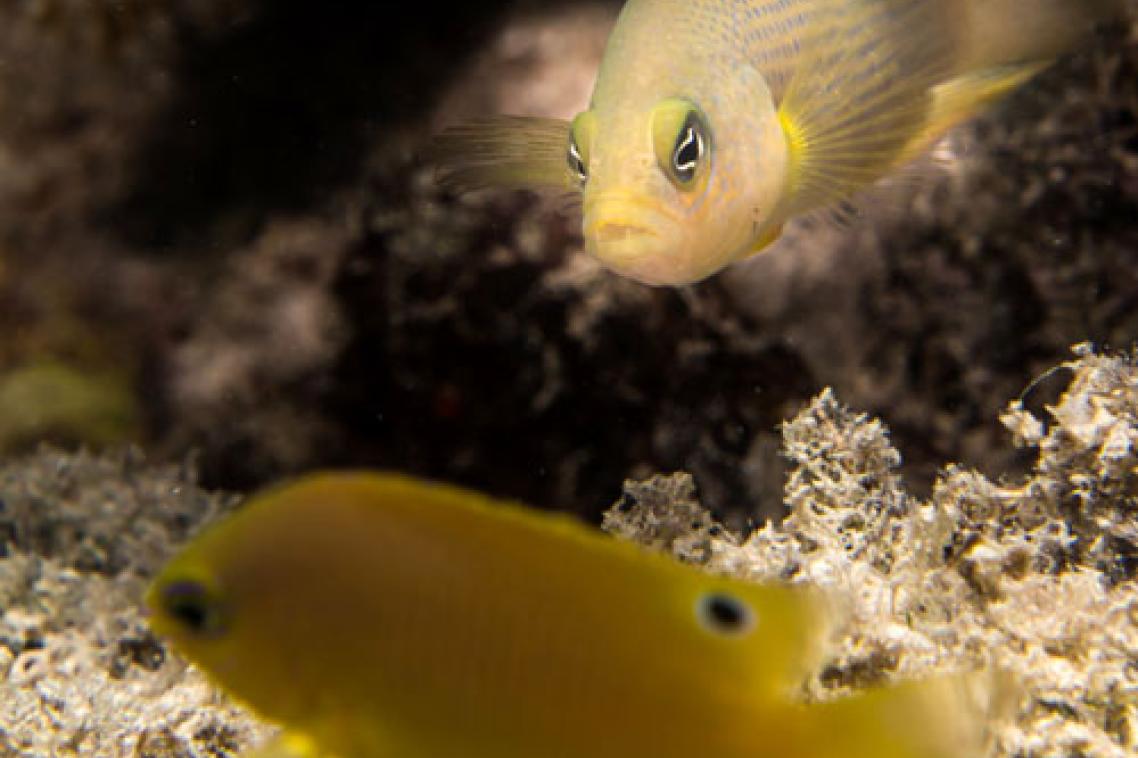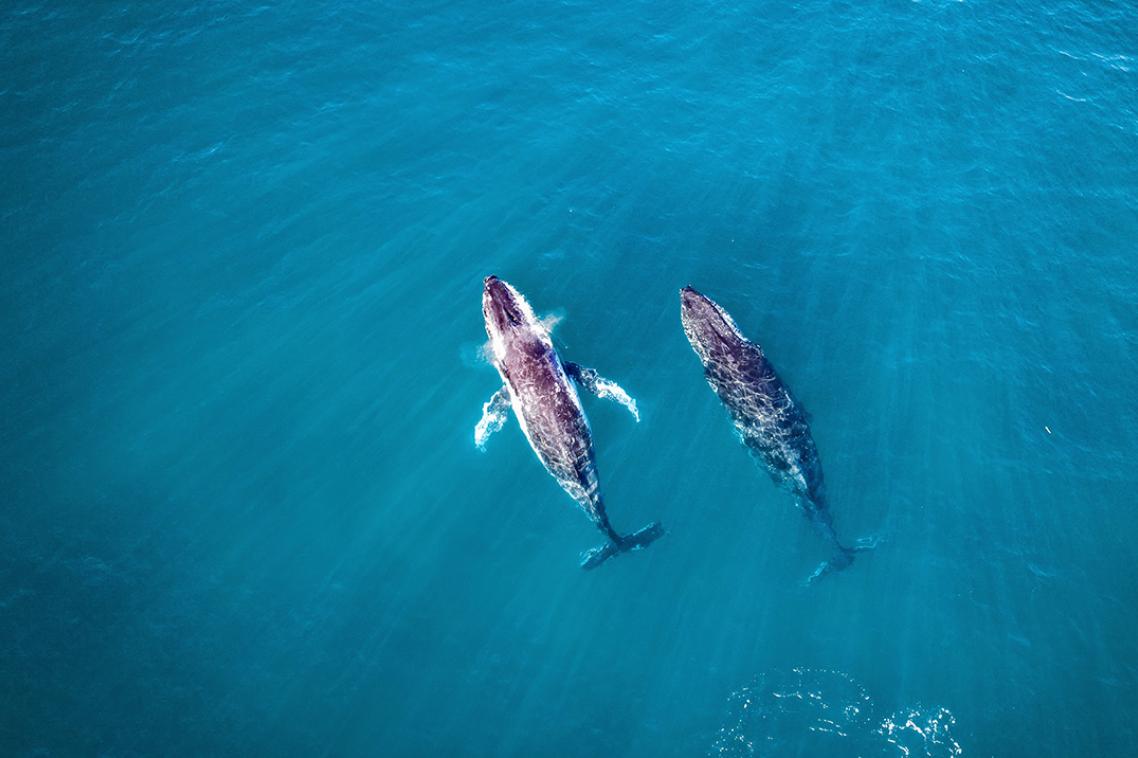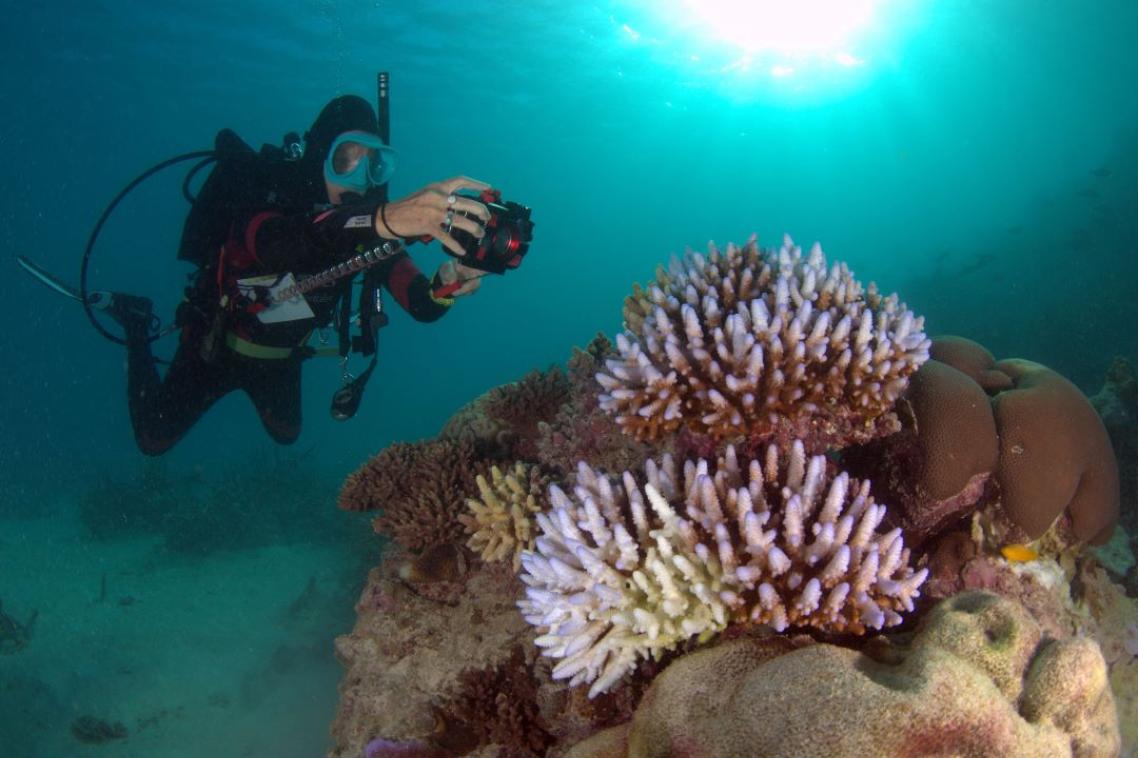100 million year study shows a sheltered start breeds evolutionary success

Research into reef fish species diversity will provide conservationists with new information to protect the Great Barrier Reef.
University of Queensland researchers who looked at species diversity patterns through fish family trees for the past 100 million years have found that parents who guarded their young were more likely to yield new species.
The study’s lead author, Dr Cynthia Riginos from UQ’s School of Biological Sciences, said the discovery would help protect reefs as it provided an insight into ecosystem connections.
“We compared egg-guarding fish species with those that release eggs into the water column after fertilisation,” Dr Riginos said.
“We found that fish hatched from guarded eggs settled closer to home than those from floating eggs, and were more likely to yield new species in the long term.
“However, egg-guarding fish species are more vulnerable to threats in the short term as they are less connected to other populations.”
Dr Riginos said identifying and protecting key reef areas would be critical for the long-term survival of tropical marine biodiversity.
“This research provides an important evaluation of how different species move between separate reefs,” she said.
“Existing theories and tools for designing marine reserves suffer from a lack of information about how marine larvae move among reefs.
“These findings will help us to fine tune assessments of the connections between reefs, such as those of the Great Barrier Reef, with the aim of identifying critical areas for conservation and determining the different management strategies which are most suited for different species.”
The research is published online in American Naturalist.
Media: Dr Cynthia Riginos, 0415 909 189, c.riginos@uq.edu.au
Related articles

Decades of surveys show whale migration shift

Thousands of Queensland reef photos lead to worldwide change
Media contact
UQ Communications
communications@uq.edu.au
+61 429 056 139
